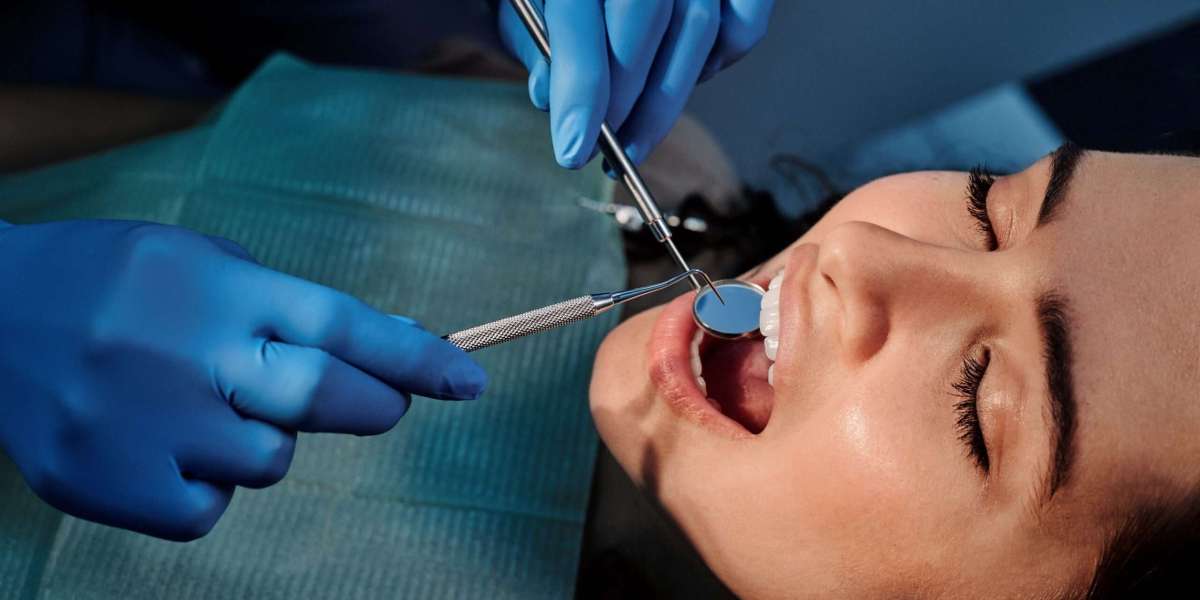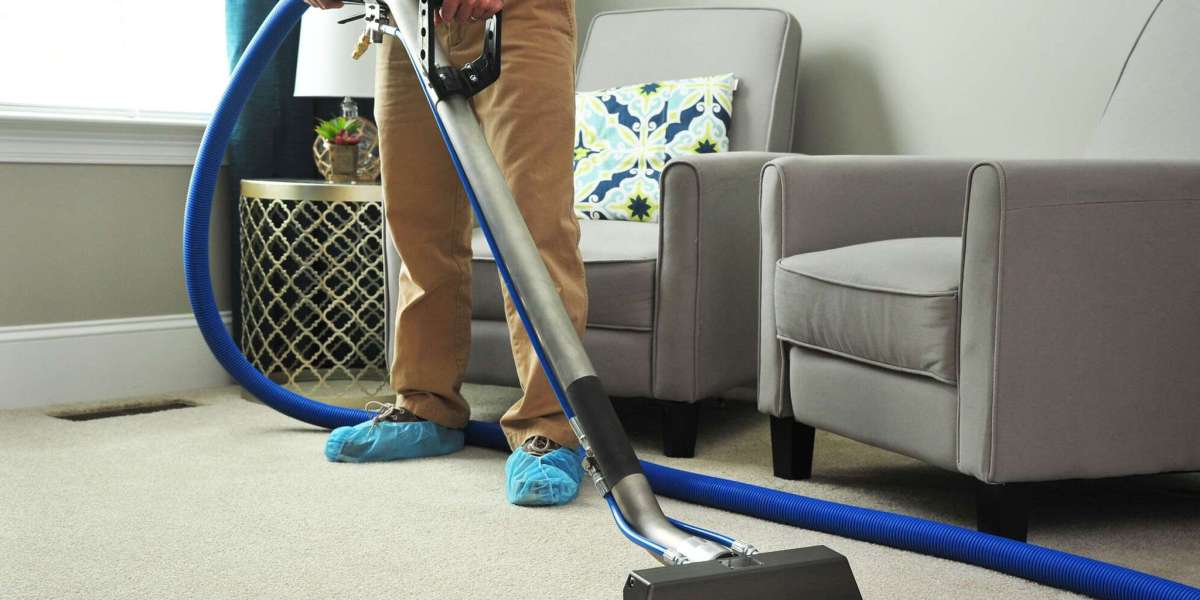Composite bonding is a fast, effective cosmetic dental treatment that can dramatically improve the look of your smile. Whether you're fixing a chipped tooth, closing a gap, or enhancing tooth shape, bonding can deliver beautiful results almost instantly. For those choosing composite bonding in Dubai, the outcome is often a polished, natural smile that complements the city’s reputation for high-quality aesthetic care. However, maintaining those results requires intentional aftercare. Following the correct do’s and don’ts after treatment can greatly extend the life of your bonded teeth and keep your smile looking fresh.
Why Aftercare Matters:
Although composite bonding is durable, it’s not as strong or long-lasting as crowns or veneers. The material is more prone to staining, chipping, or wearing down over time—especially if not properly cared for. Good aftercare habits ensure that your bonded teeth maintain their appearance, function, and strength, allowing you to enjoy the benefits of your cosmetic investment for years.
Immediate Aftercare Following the Procedure:
After your bonding treatment, you can usually return to normal activities right away. That said, there are a few precautions to follow in the first 24–48 hours to allow the bonding to fully set and stabilize. Your dentist will typically advise you to:
Avoid consuming staining foods and beverages like coffee, tea, red wine, or berries.
Skip tobacco products, which can discolor resin quickly.
Refrain from biting into hard foods (e.g., apples, crusty bread) with your front teeth.
Brush gently and avoid abrasive toothpaste during the first few days.
These early steps help protect the new material while it's still settling into place.
Daily Oral Hygiene Do’s:
Maintaining a healthy mouth is essential for the long-term success of composite bonding. Incorporating these hygiene habits will help you prevent staining, plaque buildup, and gum issues:
Brush your teeth at least twice a day using a soft-bristle toothbrush and fluoride toothpaste.
Floss daily to remove debris between teeth and reduce plaque at the bonding margins.
Use a fluoride mouthwash for additional protection against decay.
Schedule routine dental cleanings and check-ups at least twice a year.
These habits not only protect the bonded areas but also promote overall oral health.
Eating and Drinking Don’ts:
While composite bonding is strong, it's not immune to damage or discoloration. Being mindful of what you eat and drink can significantly extend its lifespan. Avoid the following:
Hard and crunchy foods that may cause the resin to chip (nuts, ice, hard candy).
Dark beverages like red wine, coffee, and tea that can stain the bonding.
Highly pigmented foods such as curry, beets, or soy sauce.
Sticky treats like caramel or taffy, which can dislodge or damage the bonding.
Sugary snacks that increase the risk of decay around bonded areas.
Opt for a diet rich in fresh fruits, vegetables, and water to help preserve your dental work.
Habits That Can Harm Bonding:
Certain habits can reduce the longevity of composite bonding and lead to unnecessary repairs. Be aware of these common culprits:
Nail-biting, which can chip or wear down bonding.
Chewing on pens or pencils, especially out of habit.
Using teeth as tools, such as opening packaging or bottles.
Bruxism (teeth grinding), which can crack or erode bonded teeth.
If you grind your teeth at night, your dentist may recommend a night guard to protect your smile while you sleep.
Signs Your Bonding Needs Attention:
Bonded teeth are low maintenance, but they still need periodic checks. If you notice any of the following, it may be time to return to the dentist:
Rough edges or changes in texture, which can indicate wear.
Visible discoloration or staining that brushing doesn’t remove.
Chips, cracks, or looseness in the bonded material.
Sensitivity to hot, cold, or sweet foods that wasn’t present before.
Early intervention prevents small issues from becoming larger, more costly repairs.
Long-Term Maintenance and Professional Care:
Routine dental visits are key to keeping your bonded teeth looking their best. Your dentist will monitor the integrity of the bonding and provide professional polishing to remove surface stains. In some cases, small touch-ups may be done to maintain the shape or brightness of the resin. If your bonding was done several years ago, your dentist may recommend a full replacement to refresh your smile.
Patients who undergo composite bonding in Dubai benefit from access to expert dental follow-up, ensuring their results last longer and continue to look natural over time.
Comparing Bonded Teeth to Natural Teeth:
It’s helpful to remember that while composite resin mimics enamel, it behaves slightly differently. Natural teeth may remain more stain-resistant or respond better to whitening products. Composite materials, on the other hand, need more careful handling. Understanding this difference helps patients set realistic expectations and avoid damage caused by using inappropriate cleaning methods or treatments.
Final Thoughts:
Composite bonding in Dubai offers a fast and effective way to upgrade your smile, but the long-term success of the treatment depends largely on how well you care for it afterward. By following the essential do’s and don’ts—ranging from proper brushing and flossing to avoiding certain foods and habits—you can maintain the beauty, brightness, and structure of your bonded teeth for years. Partnering with a skilled cosmetic dentist and practicing mindful aftercare will ensure that your investment in your smile pays off in both aesthetics and confidence.



